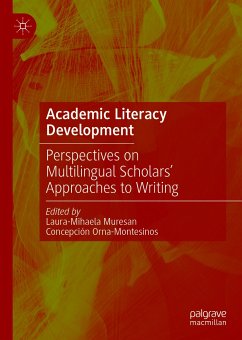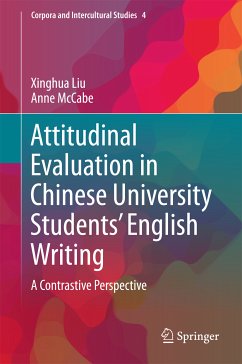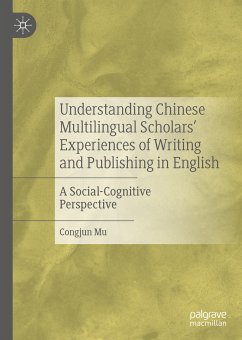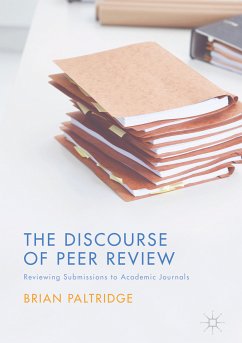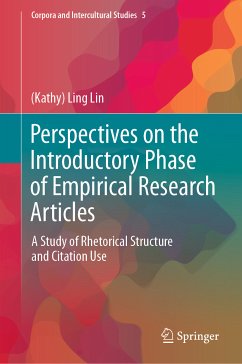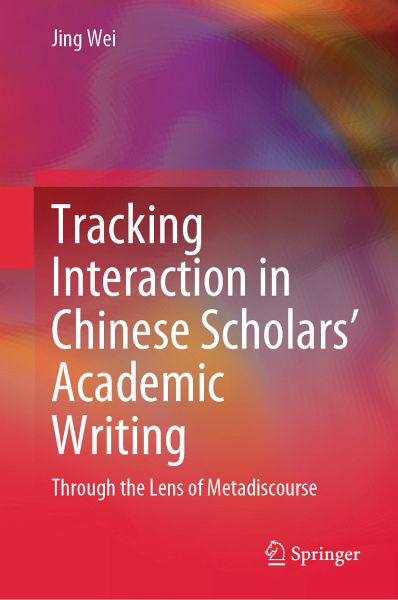
Tracking Interaction in Chinese Scholars' Academic Writing (eBook, PDF)
Through the Lens of Metadiscourse
Versandkostenfrei!
Sofort per Download lieferbar
96,95 €
inkl. MwSt.
Weitere Ausgaben:

PAYBACK Punkte
48 °P sammeln!
This book tracks changes in the use of metadiscourse in Chinese scholars' English and Chinese research articles, discusses how these changes reflect changes in Chinese scholars' interactions with their peers in China and outside China, and analyzes how Chinese scholars are responding to changes in the academic context that embrace and shape rhetorical practices in the academic world.Around the turn of the twenty-first century, the Chinese government declared the goal of "enhancing international soft power," and one important way to achieve this goal is to promote China's global academic influe...
This book tracks changes in the use of metadiscourse in Chinese scholars' English and Chinese research articles, discusses how these changes reflect changes in Chinese scholars' interactions with their peers in China and outside China, and analyzes how Chinese scholars are responding to changes in the academic context that embrace and shape rhetorical practices in the academic world.
Around the turn of the twenty-first century, the Chinese government declared the goal of "enhancing international soft power," and one important way to achieve this goal is to promote China's global academic influence. China has indeed made remarkable strides in terms of academic output by publishing Chinese scholars' research papers and monographs around the world. However, "international soft power" means more than just the export of papers or books; it means connecting to and participating in the academic world. For this to happen, Chinese scholars must get to know their international counterparts, understand their rhetorical preferences, and be willing (and able) to accommodate their needs.
Around the turn of the twenty-first century, the Chinese government declared the goal of "enhancing international soft power," and one important way to achieve this goal is to promote China's global academic influence. China has indeed made remarkable strides in terms of academic output by publishing Chinese scholars' research papers and monographs around the world. However, "international soft power" means more than just the export of papers or books; it means connecting to and participating in the academic world. For this to happen, Chinese scholars must get to know their international counterparts, understand their rhetorical preferences, and be willing (and able) to accommodate their needs.
Dieser Download kann aus rechtlichen Gründen nur mit Rechnungsadresse in A, B, BG, CY, CZ, D, DK, EW, E, FIN, F, GR, HR, H, IRL, I, LT, L, LR, M, NL, PL, P, R, S, SLO, SK ausgeliefert werden.



